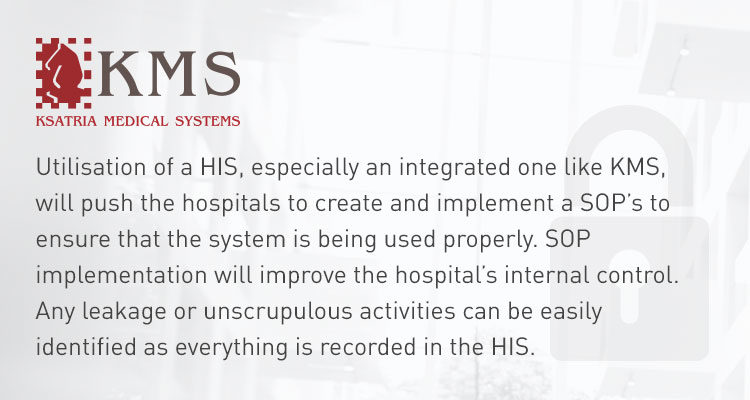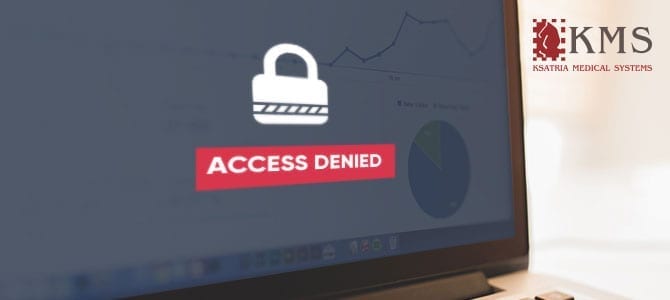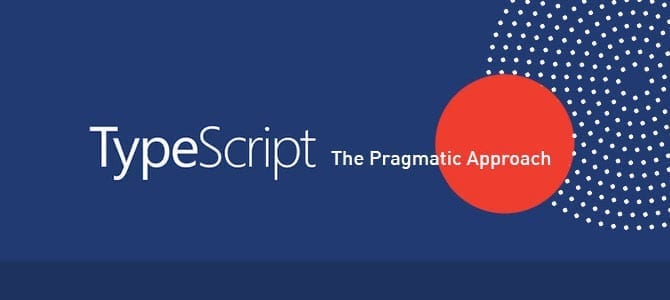A senior official in one of Indonesia’s hospitals recently said some of their staff found the authorisation controls in Ksatria Medical Systems (KMS) restricting.
Unperturbed, Mitrais’ VP Software Products Services She Kun responded, “Exactly. In my experience people will naturally go looking for shortcuts. However, authorisation controls are indispensable in protecting your hospital.”

The recent and still raging vaccine fraud scandal that is plaguing Indonesia is one example of dangers that hospitals face from an insufficient regulation over drug purchasing activities. As mentioned by the national food and drugs monitoring body (BPOM), quoted in one of the Indonesian newspaper, the pharmaceutical procurement at health facilities is uncontrollable.
She Kun observed that for the sake of speeding up the procurement process, often one person is responsible over the complete drug purchase cycle, starting from requisition, sourcing, until receiving.
“Taking shortcuts like these, while expediting the workflow significantly, poses a vital threat to the hospital’s wellbeing in the long run,” he said. “No regulated authorization for the processes makes it vulnerable to corruption, nepotism, and as we have recently discovered, fraud.”
The culprits managed to get away with their crime partly because most hospitals are recording their activities manually. By installing an integrated hospital information system (HIS), staff can monitor the hospital’s daily activities in real time. Not to mention it makes authorisation control easy to manage and executed. Another side effect that will help with the hospital’s internal control is the development of Standard Operating Procedure (SOP).
“Utilisation of a HIS, especially an integrated one like KMS, will push the hospitals to create and implement a SOP’s to ensure that the system is being used properly,” She Kun said. “SOP implementation will improve the hospital’s internal control. Any leakage or unscrupulous activities can be easily identified as everything is recorded in the HIS.”
The SOP for purchasing activities can include a rigorous selection of the suppliers and a series of steps with different people in charge that, instead of a processed centralized by a small group of individuals, will form a proper and well thought-out procedure to be followed. This clear separation of duties will promote transparency and reduce the opportunity for corruption.
From the data collected in the system, hospitals can easily examine the trend for drugs purchase and sales. Medicine is one of the most important work capitals in hospitals, hence hospitals can only benefit from proper documentation and reporting.
“With the reports of past transaction available with a click of a button, hospitals can anticipate the drug movement and determine which ones are slow or fast moving to plan the purchasing accordingly,” explained the vice president. “Similarly, looking back at the purchase history, the hospital can compile data on how much they bought from certain suppliers and how often and thus earn a bargaining power for bulk-buying. This also help monitor the quality of drugs provided by suppliers.”
KMS has a reporting feature that makes things easier for the hospitals. Ksatria has just recently released the latest version of their flagship, the KMS a fully integrated end-to-end Hospital Information System (HIS) that handles all hospital processes up to the back-office requirements. Developed to fulfil the needs of Indonesian hospitals, KMS is equipped with advanced authorisation control function, built-in finance system, enhanced clinical capabilities, thorough integration module which also allow it to integrate with popular third-party finance systems.











